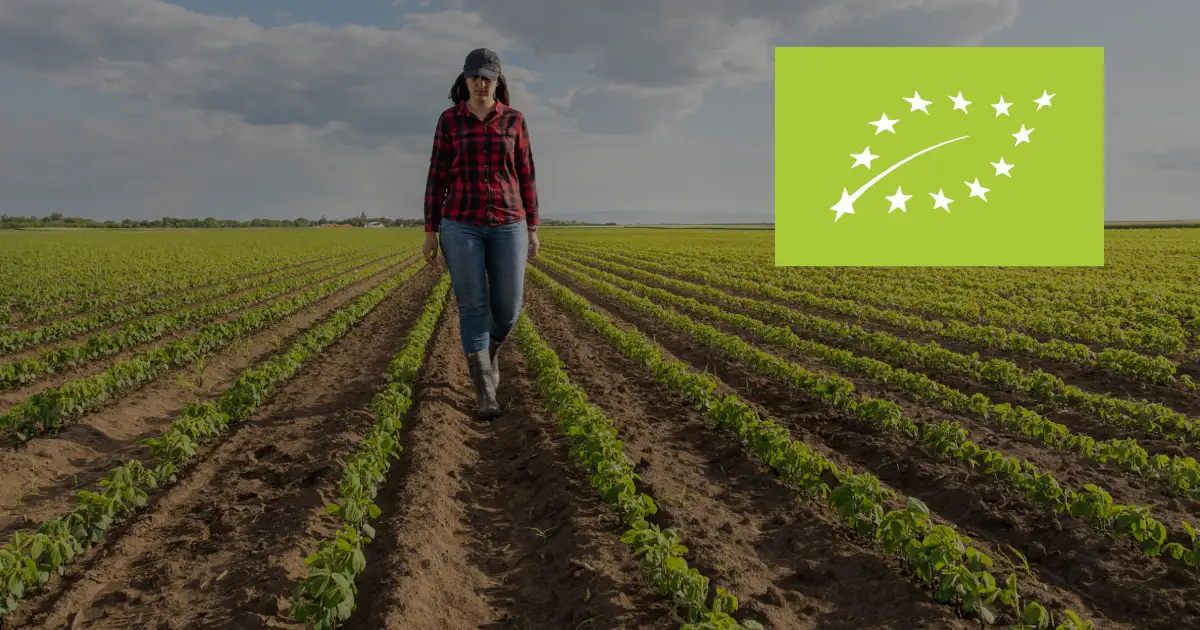
Organic food is becoming more and more common and gaining popularity amongst people. Since COVID more people pay attention to their health and organic food is one of the tools used by many to enhance their immune system. Not only do consumers increasingly prioritized products that align with their own health they also care more about environmental sustainability, and ethical practices. But what does "organic" really mean, and how do certifications ensure that these products meet the highest standards? Let's find out in this organic food guide.
Organic food refers to products that are grown and processed without the use of synthetic fertilizers, pesticides, genetically modified organisms (GMOs), and artificial chemicals. Organic food is all about following natural methods to grow and produce it. This helps protect different plant and animal species and keeps the environment healthy. But what does "organic" really mean when it comes to rules and regulations?
Organic food certification is a strict process that makes sure farms follow organic rules. Authorized bodies give this certification after checking the farming methods used. The process includes thorough inspections of fields and processing areas, careful record-keeping, and regular testing of soil and water to ensure they meet organic standards.
This certification helps confirm that products are truly organic. It also provides transparency and trust for consumers and everyone involved in the food supply chain. This is especially important for entrepreneurs and supply chain managers who want to improve their operations.
It's important for industry professionals to know the difference between organic and conventional food. Especially since organic food is more expensive and it can only be used if your company is certified as such. In addition, if you sell organic food ingredients, without the proper knowledge, you may face problems if unallowed substances or claims are used.
Conventional food production often uses chemicals to protect crops, increase crop yield and help food last longer. Farmers use pesticides and substances like sulphites. On the other hand, organic farming focuses on using natural methods and materials.
Research suggests that organic food often contains higher levels of certain nutrients, including antioxidants and vitamins. These nutritional benefits are attributed to the natural farming practices that promote soil health and plant vitality. However, the nutritional differences between organic and conventional foods can vary depending on the specific product and farming practices employed.
Organic farming practices are designed to reduce pollution, conserve water, reduce soil erosion, and use less energy. By eliminating synthetic pesticides and fertilizers, organic farming supports healthier ecosystems and reduces the toxic burden on the environment.
Studies have found relatively high levels of pesticides in the blood of Dutch farmers, and dust in farm homes contains up to 144 different types of agricultural chemicals. Current European regulations offer limited protection, as they do not account for the combined health effects of exposure to multiple substances at once. Researchers are concerned this could contribute to various health issues, including Parkinson's disease, cancer, and reduced fertility.
According to Regulation (EU) 2018/848, organic production is defined as:
“An overall system of farm management and food production that combines best environmental and climate action practices, a high level of biodiversity, the preservation of natural resources, and the application of high animal welfare standards and high production standards in line with the demand of a growing number of consumers for products produced using natural substances and processes.”